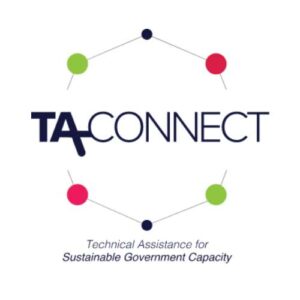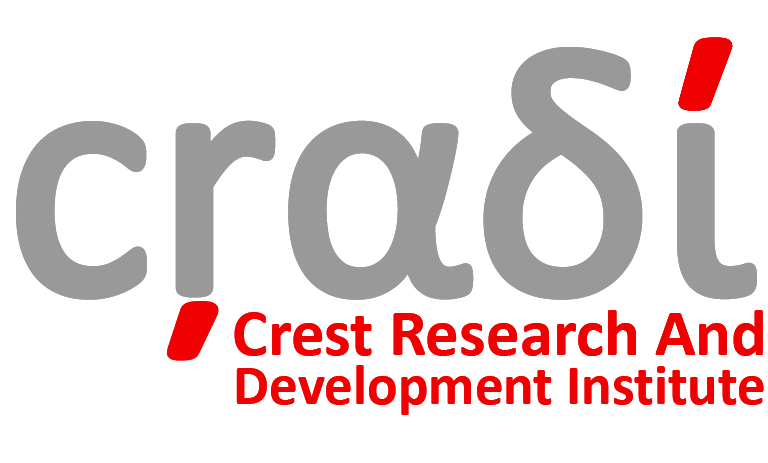Client - TA Connect - Bill and Melinda Gates Foundation-JHPIEGO

Objective:
Measure/document the effectiveness of G-ANC
Practice Area:
Developmental Aid & Research
Status:
Completed
Locations:
Nigeria - Nasarawa State
Start Date:
March 2021
End Date:
November 2022
Project Summary
Technical Advice Connect LTD/GTE (TAConnect), with support from the Bill and Melinda Gates Foundation, responded to promote sustainable improvements in State Primary Healthcare (PHC) systems’ performance, Group Antenatal care (G-ANC), and increase the uptake of Reproductive, Maternal, Newborn, Child, and Adolescent Health and Nutrition (RMNCAH+N) services. TAConnect deployed technical assistance (TA) on G-ANC to Kaduna, Kano, and Nasarawa states, supporting the respective states to adopt, implement, and sustain G-ANC as an alternate service delivery model. The intervention focused on improving the uptake of high-impact interventions using Group Antenatal Care (G-ANC) as a health-strengthening platform.
The project, implemented from March 2021 through November 2022, aimed to enable Nasarawa State to scale up Group ANC (G-ANC) in primary health centres. Following the project’s implementation, TAConnect engaged Crest Research and Development Institute (CRADI) to conduct an evaluation of the project’s outcomes in Nasarawa State. This report presents the findings from the evaluation of the project.
The Purpose of the Evaluation
The evaluation was conducted to measure/document the effectiveness of G-ANC, contribute to the available literature on G-ANC implementation (especially at scale), and ultimately foster a community of practice on G-ANC/Post Natal Care (PNC) in Nigeria.
Specific Objective of the Evaluation
Specifically, the study sought to assess the following:
- Understand from the States Government of Nigeria the drivers and inhibitors to the scale-up and sustainability of G-ANC as an alternate service delivery model in the absence of active TA support from development partners.
- Knowledge, Attitudes & Practices of community gatekeepers towards the adoption of the G-ANC/PNC model, and its effects on improved health outcomes.
- Understand the service providers’ perceptions and experiences of the G-ANC/PNC model relative to the traditional ANC model.
- Understand from service providers the drivers and inhibitors to the uptake of high-impact intervention/RMNCH services by mothers and newborns in the G-ANC/PNC model as compared to the individual ANC model.
- Understand from pregnant women/mothers the drivers and inhibitors to the uptake of high-impact intervention/RMNCH services by mothers and newborns in the G-ANC model. (With a special focus on IPT uptake, Facility Delivery, PPFP, Postnatal Care & Immunization).
Through retrospective cohort tracking, the evaluation also sought to;
- Evaluate the difference in the experience of care, between Parity 0 women and Parity 1+ enrolled in G-ANC/PNC.
- Evaluate the difference in quality/experience of care and outcomes among cohorts of pregnant women enrolled (based on gestational age at enrollment) and recently delivered through G-ANC.
- Evaluate the difference in quality/experience of care and outcomes among (Parity 1+) women enrolled and recently delivered through G-ANC as compared with their previous individual ANC model.
 The evaluation was conducted in Nasarawa state where the project was implemented by TA Connect in partnership with Jhpiego. The evaluation focused on primary health facilities providing G-ANC in 6 selected LGAs across the 3 senatorial zones of the state of Nasarawa State.
The evaluation was conducted in Nasarawa state where the project was implemented by TA Connect in partnership with Jhpiego. The evaluation focused on primary health facilities providing G-ANC in 6 selected LGAs across the 3 senatorial zones of the state of Nasarawa State.
Methodology
The evaluation employed a mixed research method, combining qualitative and quantitative approaches to gather comprehensive data. Primary data were collected through questionnaires, semi-structured interviews, and Focus Group Discussion (FGD) sessions involving pregnant women, breastfeeding mothers, community gatekeepers, and service providers. Ethical considerations were followed based on the WMA declaration of Helsinki, ensuring informed consent, participant rights protection, and adherence to ethical principles in healthcare research projects.
A rapid desk review of existing reports, project documents, and relevant literature provided insights into the project’s context and prevailing realities. Study tools were designed and modified to align with evaluation objectives, reflecting the measurement of KAP, perceptions, and the community’s current context. The target population for the evaluation included community gatekeepers, pregnant and nursing women, ANC service providers, and state government agencies. A total of 462 questionnaires were administered to obtain quantitative responses. Qualitative data comprised 28 key informant interviews (KIIs) and 28 Focus Group Discussions (FGDs) conducted with stakeholders.
Project Gallery



